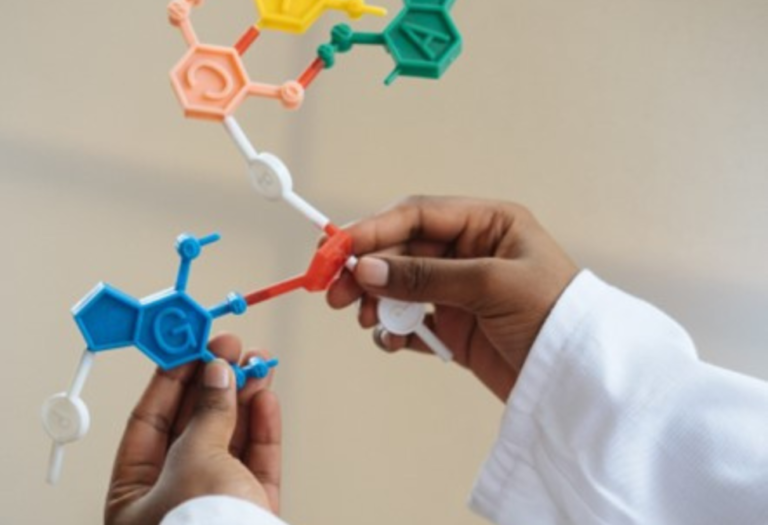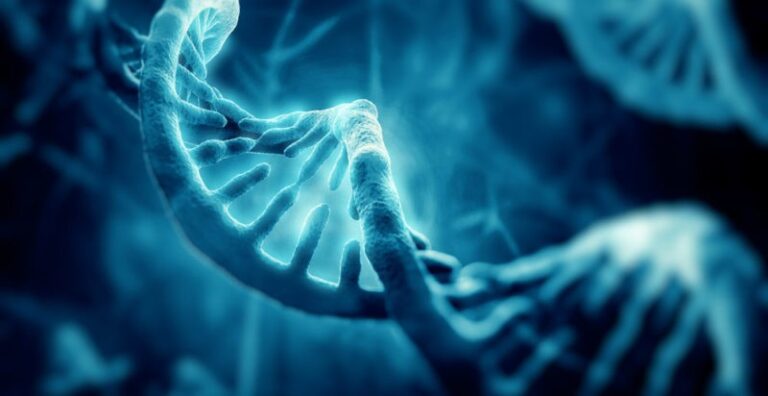¿Is it possible to know what genes say about physical performance and metabolic fitness?
Genetics influences sports performance, and this is something that cannot be changed. However, it is possible to analyze our genetics and then introduce the most appropriate guidelines for each personal case. This can be done by means of two types of tests that study different aspects. We explain what they consist of and what they are for.
Genetic test for sports performance
If you want to take your fitness training a step further or would simply like to know what your potential is in the sport, this test helps you to achieve it.
Specifically, this test is responsible for to analyze the genetic profile linked to sports performance, providing data that allows the design of a personalized training plan to achieve fitness and other challenges.
This genetic test for sports performance is also useful for:
- Acting in all phases of training
- To highlight the talents of each person
- Avoiding injuries
- Specifically changing eating habits
- Obtain information that will always be valid, since it is inherent to the individual.
It should be added that it is not necessary to be an elite athlete to undergo this genetic study, as it is aimed at anyone who wants to develop a strategy tailored to their needs to obtain the maximum potential in sport. However, it is advisable to have the results read by a specialist to take into account the diseases and physiological conditions of each case. In this way it is possible to indicate dietary and training guidelines, as well as other personalized recommendations.
Study of nutrition and sports
This test consists of analyze metabolic status and determine nutritional requirements of the organism to function properly. Therefore, the nutrition and sport test is recommended for:
- Achieving the right weight or maintain it.
- Knowing the amount of nutrients required to improve sports performance.
- To know how the organism reacts with training to determine what personalized measures can be taken to reduce the risk of injury.
- Analyze possible deficits of vitamins and minerals, as well as the predisposition to intolerances gluten or lactose intolerance.
- Incorporate specific care to improve recovery between training sessions and maintain bone health.
- Assess inflammatory status and its detoxifying capacity.
It should be added that, after obtaining the results, it is important to have the assessment of a specialist, who will indicate the most appropriate dietary guidelines.
What data are studied in this test
- The daily amount of nutrients necessary for the proper functioning of the body, including vitamins A, B6, B9, B12, C, D and E, and the minerals calcium, sodium, iron, selenium and zinc.
- The needs of omega 3, taking into account the cellular inflammatory response profile. In this line, the markers that show the detoxification capacity and the need for antioxidants and cruciferous intake are analyzed.
- The required amount of carbohydrates, unsaturated and saturated fats to lose weight, all specified in a panel of indicators.
- The response markers of the types of muscle fibers, The results of the exercise plan can be used to plan a physical exercise plan more efficiently.
- Genetic variants that are linked to the recovery needs and with the application of methods to improve physical performance.
- Predisposition to joint injuries and intolerances gluten and lactose intolerance, which are genetically based.
- Fat profile, which is related to cardiovascular health.
#genetics #nutrition #sport
















